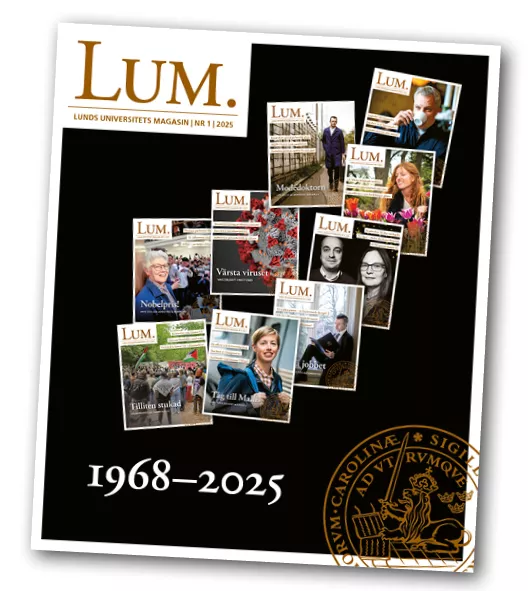Pandemic, war in Europe, fake news, increased polarisation at home and abroad and, not least, an unprecedented questioning of researchers and their results. New tactics and ways of working are needed to face a sometimes not so pleasant new world that is spinning faster and faster, argues Pro Vice-Chancellor Kristina Eneroth, who can be described as the force behind the platform.
“So much is happening around us, and it is happening quickly. We are being questioned in a way that we weren’t a few years ago. All this affects us and we have to think about how we can act quickly and what we should react to. That is why we have developed this platform,” she says.
Four priority areas
The platform focuses on four priority areas: research, education, work environment for employees and students, and international engagement. According to Vice-Chancellor Erik Renström, these focus areas will impact the organisational plans and allocation of resources during 2023 and 2024.
“Mostly 2024, but also next year. The platform is a tool to zoom in on the most important and urgent issues when we set the budget,” he says.
Affects everyone at the University
Employees will not be the only ones to notice the platform. Students will also be impacted. The priority area “education in transition” includes initiatives for lifelong learning. This may include skills development for professionals, but also short, digital courses for students who want the opportunity to broaden their knowledge beyond their study programmes and courses.
One example is in the engineering programmes, where at almost every examination something new appears that students have to grapple with. A short online course may be the solution.
Increases the competitiveness
A few years ago, there was no thought of creating a platform for strategic work. Since then, the world has changed and now the University management sees it as necessary. Having a strategy for dealing with challenges and global changes is important if Lund University is to remain one of the top universities in the future, a University that attracts students and researchers from all over the world.
“If I were to describe our hopes for the platform, that would be it. That it preserves and even increases our competitiveness,” says Kristina Eneroth.
The platform for strategic work is operational until the end of 2024 at the latest. It all depends on what happens globally.
A revision can come quickly
“We are open to revising it before then. Our ambition is that it should form a set of guidelines that can be used for many years. This is the start of a new way of working on strategy,” says Erik Renström.
The platform does not in any way replace the ten-year strategic plan that expires in 2026. It is a complement that will set the direction for strategic work in the near future. A kind of guide for prioritisation when setting budgets that can show us the most relevant challenges and the values the University stands for.
“It’s probably not the case that anyone suddenly feels like, ‘Aha, now the platform makes sense!’ But it is important for everyone because it affects what we prioritise and how we allocate resources in the budget,” says Erik Renström.



